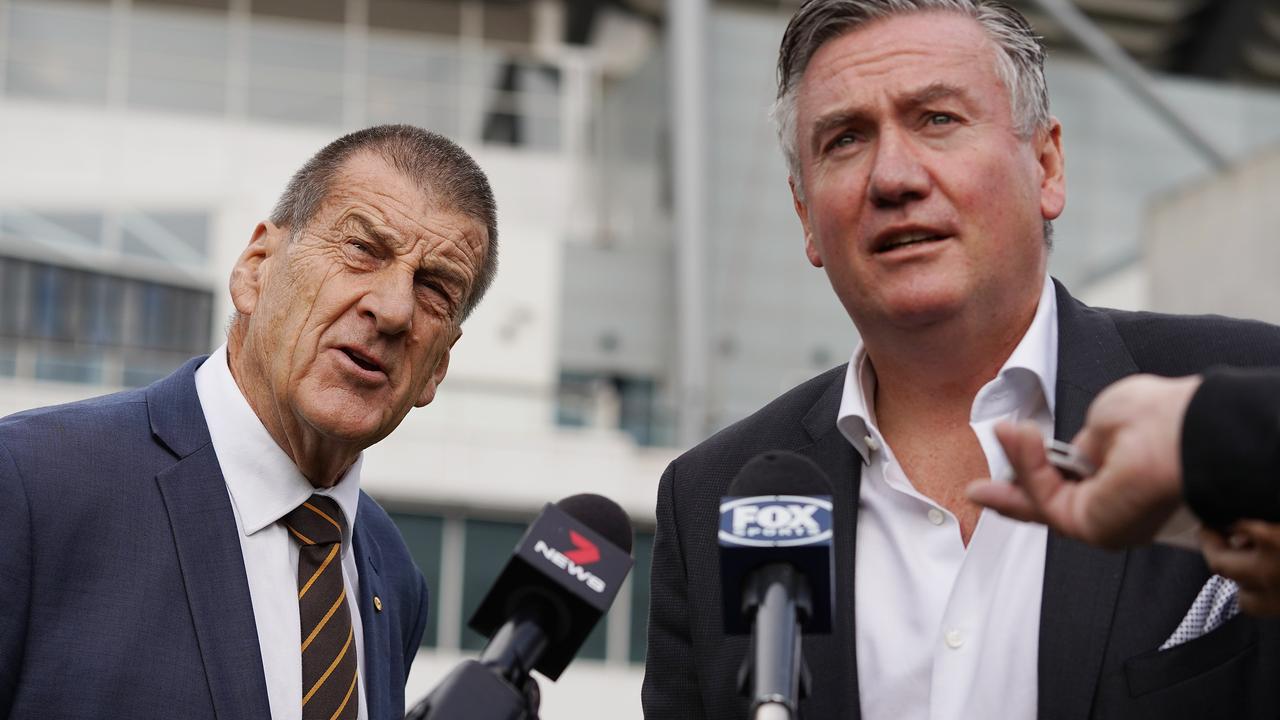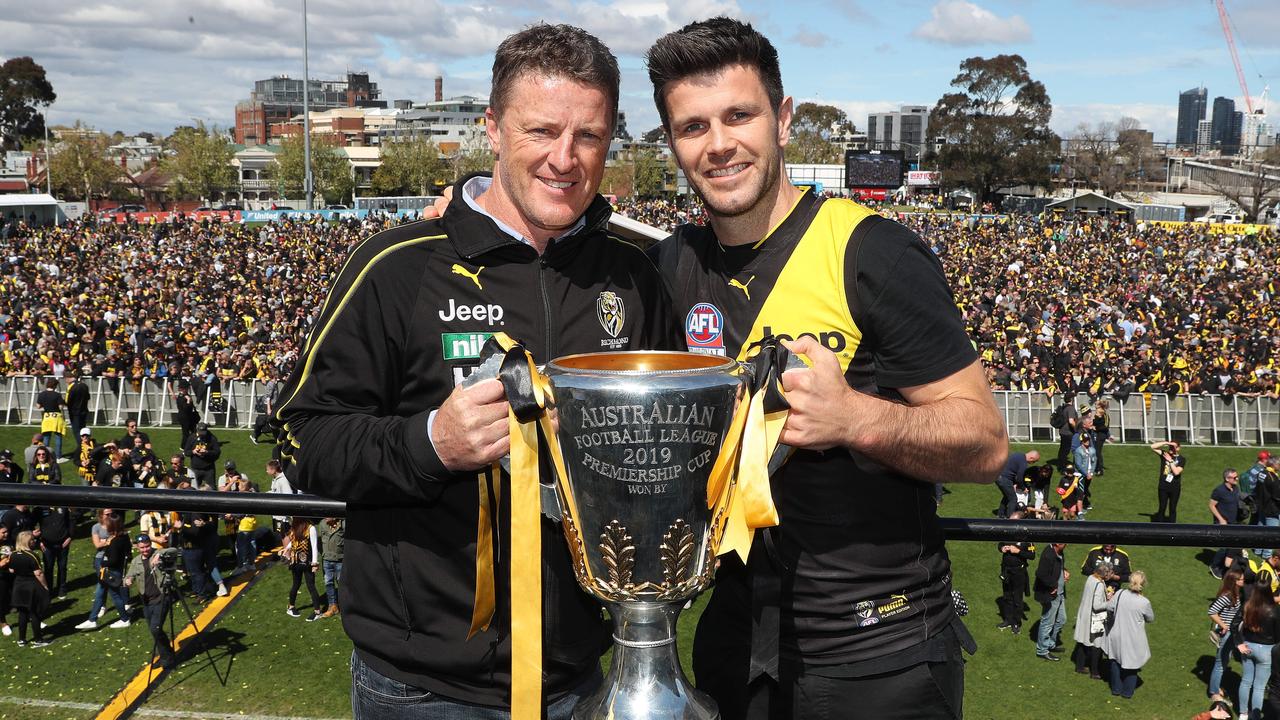Port Adelaide’s long road trip reveals a team caring for more than itself
PORT Adelaide players claim they make up a “very close” unit. Their week on the road to Shanghai offered a telling insight on their care for their team — and their club.
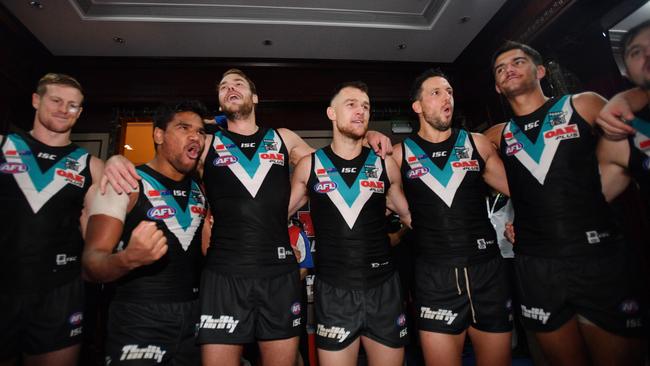
Michelangelo Rucci
Don't miss out on the headlines from Michelangelo Rucci. Followed categories will be added to My News.
- Rucci: Why soccer fans’ call on Port China Strategy is off-side
- Soft Power play: The heavyweight backing Port’s China strategy
- Power’s night vision for China
WHAT happens on tour, stays on tour. So they say ...
Access all areas — including the heavily guarded “inner sanctum” (or the so-called bubbles) — is a rare privilege in the AFL today.
Port Adelaide has for some time claimed to have a “very close” player unit. Certainly since 2011 when Jackson Trengove (now at the Western Bulldogs) emerged as a spiritual leader holding together a player group at a club falling into a financial abyss.
“We enjoy each other’s company,” Power defender Jack Hombsch told The Advertiser as a 26-man player group moved from Alberton to Shanghai for a week in China last week.
“We say quite often that we are quite close (as a group) — and we genuinely enjoy each other’s company.”
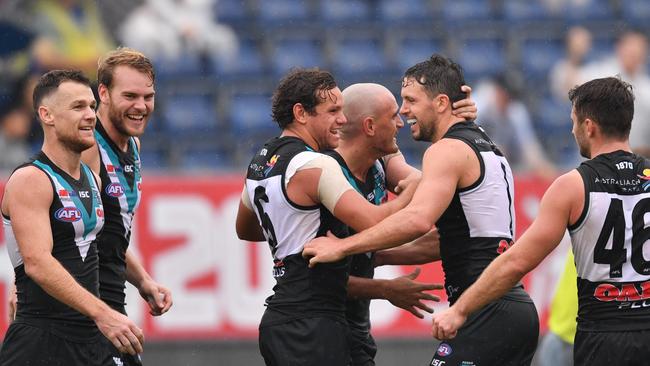
It is a good line, one that can be easily lost (or cynically ignored) in a game known for so many scripted responses. Genuine remarks in the AFL circus are often crushed amid the endless spin.
But how true is it, particularly months after the image — and culture — of the Port Adelaide players was brought into question by the repetitive headlines from proven and dismissed off-field cases with Jarman Impey, Patrick Ryder, Trengove, Nathan Krakouer and, most recently, Sam Powell-Pepper?
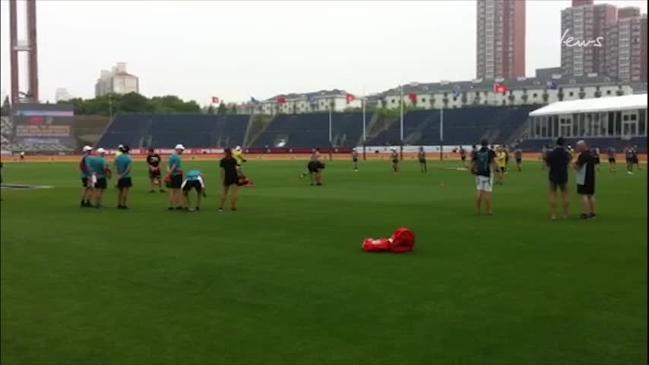
Seven days on the road to (and from) China revealed how much the Port Adelaide players do care for their demanding on-field mission. But there also was the telling concern in the best interests of their club — and the Power’s ambitious campaign to find a commercial answer in Shanghai to avoid a repeat of the 2011 financial apocalypse. And the unheralded off-field team.
Coach Ken Hinkley’s frank admission he felt the pressure to deliver a win at Jiangwan Stadium on Saturday highlighted the responsibility thrust on his football program. Captain Travis Boak’s incredibly devoted — and inspiring — leadership on the field against Gold Coast came from the same need to honour the work of the backroom soldiers who delivered a perfect platform for his team.
Port Adelaide’s playing group found strong focus for winning in China — against one opponent (Gold Coast) in one week.
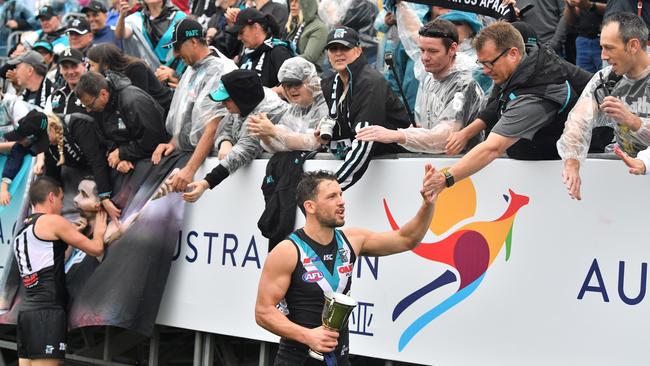
It is a significantly different challenge across 26 weeks against 17 rivals in an elite competition regarded, by some fine judges, as the world’s toughest game and most-demanding league.
But if China — with all its distractions and temptations — is a measure of the care the current Port Adelaide players have for their mission to deliver an AFL premiership to Alberton, Hinkley will sleep easier at night (if that is at all possible for an AFL coach).
The incredibly inconsistent Power might not be the best contender for the AFL flag. But Boak and his crew do have a genuine want and drive to be the best — as was so evident in Shanghai. Critically, they have a care for their craft, their teammates ... and their club.
This is a strong foundation block for what is dubbed as “strong culture” in professional sport today. And it has Hinkley’s coaching staff — that is charged with bringing the best out of the Power players — certain they are working with a “good group”.
It is a pity the bubble era of elite, ultra-competitive Australian football makes this easier to see in Shanghai than at Alberton.
QUOTE OF THE WEEK
Headquarters doesn’t have all the answers.
AFL football chief STEVE HOCKING on forming external committees to solve Australian football’s big problems.
REALITY BITES
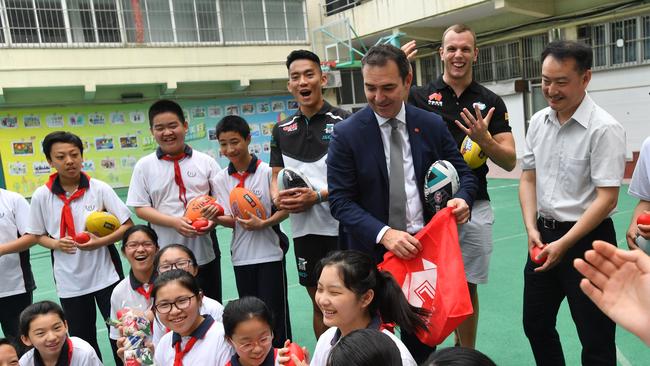
CHINA SYNDROME
AND it continues. It might be based on envy. Devotees of the world game are flabbergasted that the Victorian State government and SA Premier STEVE MARSHALL are eager advocates of the “sports diplomacy” the Port Adelaide Football Club has created with its “China Strategy”.
The growing commitment from state governments to bankroll an AFL game in Shanghai is not solely — as the soccer crowd would have it — about one match of Australian football each year in China.
It is about trade, tourism, education and politics with Port Adelaide doing far more than throwing down some rye grass at Jiangwan Stadium to allow for an AFL home-and-away premiership match.
The game unfolds around grand campaigns to break barriers in one of Australia’s major trade partners that also delivers significant numbers (in people and dollars) with tourism and education.
Port Adelaide has six full-time staff dedicated to China — and a $2.5 million annual budget for developing the Australian game in China where there is a major return to nurture with commercial deals and television rights.
If an A-League club wants to make such a commitment in China, the case for state governments investing in their international programs would have more merit.
Port Adelaide’s big picture in Shanghai — the so-called “China Strategy” — is far more than just an AFL game each year at Jiangwan Stadium ... a point the soccer agitators should factor into the debate.
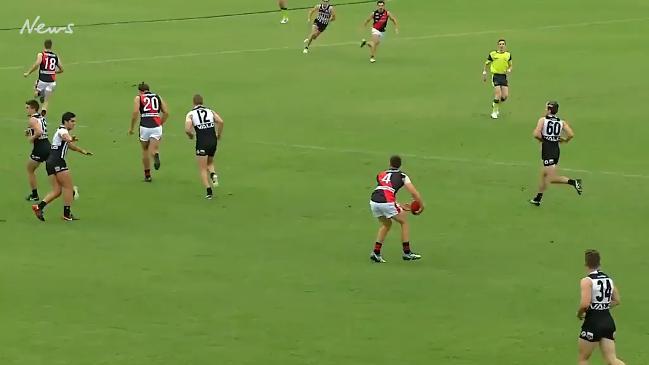
QUESTION OF THE WEEK
WHY would the SANFL have had the Port Adelaide Magpies play West Adelaide on the same weekend the football club has most of its staff in Shanghai for the “China Strategy” game?
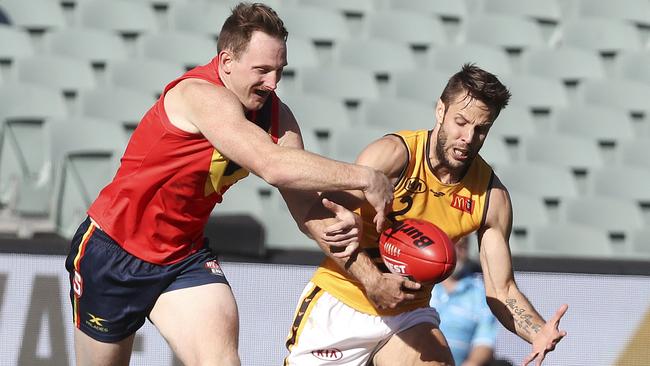
THOUGHT OF THE WEEK
ADELAIDE Oval is empty this weekend as the AFL calendar has Port Adelaide with the post-China bye and Adelaide in Alice Springs to play Melbourne.
Sounds just perfect for a SANFL extravaganza, such as a state game.
SANFL officials need not only reflect on the loss to WA at Adelaide Oval a fortnight ago — when the leagues played off in a curtain-raiser to the Power-Crows Showdown 44 — but the full presentation of State matches.
The SANFL was unlucky that the West Australians would only travel to Adelaide on the Mother’s Day weekend. And it would have been difficult to establish a drawcard game after the Showdown on the Mother’s Day Sunday.
There is reason to applaud the SA Football Commission insisting Adelaide Oval be the field for State games to give the SANFL’s stars access to the prime playing field in SA.
But a State game should never be a curtain-raiser to an AFL match, if only because it denies SANFL loyalists (some of whom cannot stand the AFL game) access. And access at a non-AFL fee.
If the SANFL could turn back time, surely that SA-WA State game should have been at Norwood Oval on the Friday night before Showdown 44.
michelangelo.rucci@news.com.au

